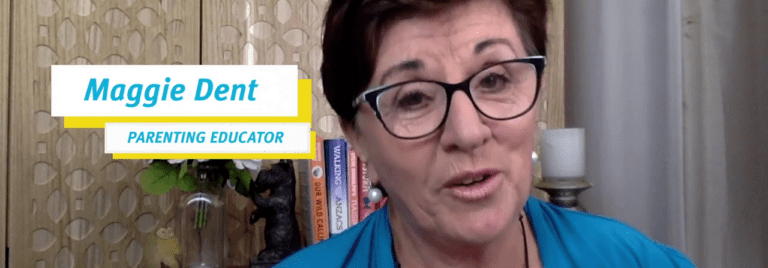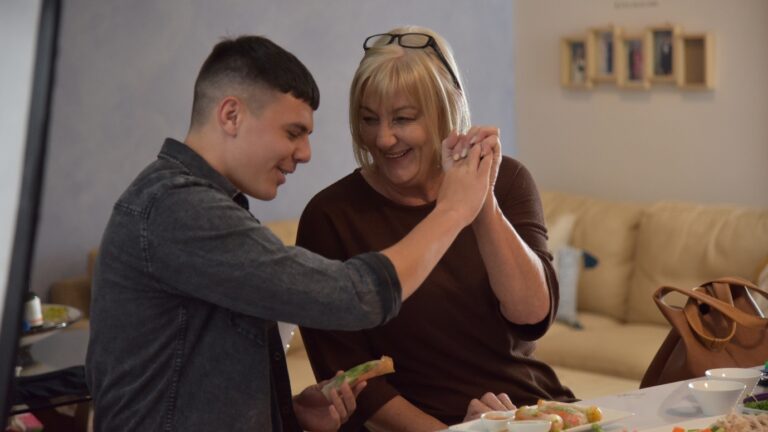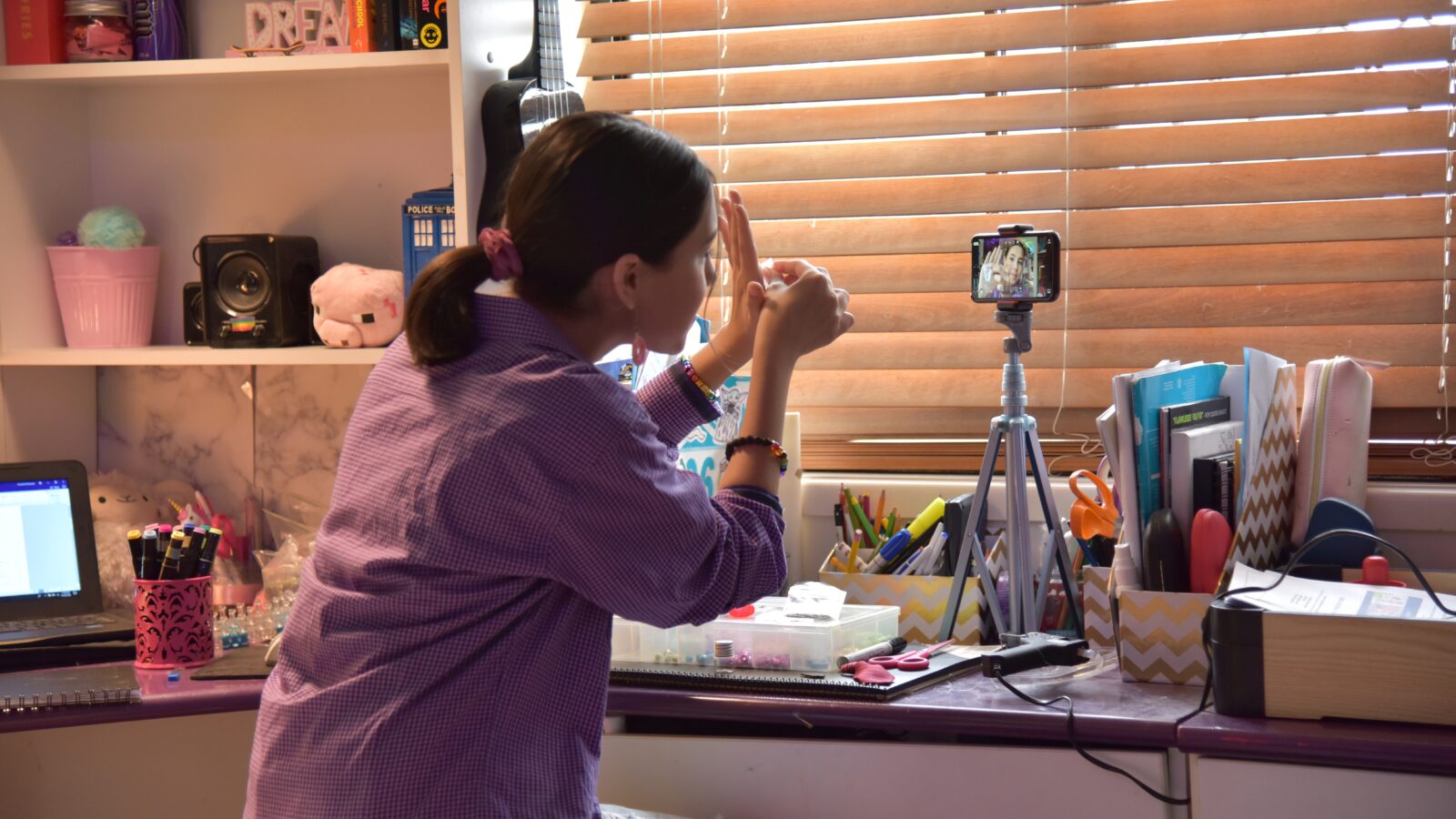Your support can make all the difference to your child if they are struggling at school. As parenting educator Maggie Dent explains in this video, teens have a lot going on with study, friendships, and home life, along with the many changes going on in their brain. Learn about the signs that could indicate your teen needs help and find out what you can do to support them to get the help they need.
Learn about what’s going on in your teen’s brain and read these tips for talking to your teenager.
- Transcript
-
[Music]
Narrator: The teenage years can be difficult to navigate for young people. Juggling relationships, friendships, study, exams home life, school life; along with the day-to-day changes of the adolescent brain.
So how can we tell if typical teen behaviour is becoming something more?
Maggie: One of the questions I’ve had from a lot of parents is ‘When do I worry?’ ‘When does teenage angst become something much more worrying?’. And really you’ve just got to observe the changes in behaviours. We know that they love hanging out in their bedroom but if they’re hanging out in their bedroom even more, they’re changing in their moods even more to flat moods and sad moods rather than even argumentative moods. If they’re withdrawing from their friendship groups, if they’re withdrawing from whatever sparks them alive, whether it’s sport or music. What are they doing around their eating? And then, of course, the big one is sleep. So if you’re finding that they are even struggling with sleep even more than normal teens… all of those are potentially something that we’d really love you to check in on. When we start to identify that our kids are really dragging their feet there will be something underneath that is driving it. And our job as parents, and those of you who work with our teens at school environments, we’ve got to find out what that is.
Narrator: There is nothing more heartbreaking than seeing your child go through a hard time and knowing it could and should be different. Especially when it has an impact on their schooling or education. But as parents, what can we do to make a difference?
Maggie: So at the end of the day what we have to do is look at how can we problem-solve with a child? Especially when it gets to complete school refusal. So our job is to come beside our kids and show where we’ve got them. We’re connecting with them. We don’t see they’re the problem. We see there is a problem and we’re going to help them facilitate some solutions to the problem. The first thing we need to do is validate for them that it is hard for them. It’s obviously hard for you at the moment and I can see that it really sucks.
The second thing is student services would be the people we work with when we’ve got this sort of thing going on. They’ve usually got the best people who connect with kids. So your job is to have an appointment with them and see if you can start teasing out these sorts of things.
And the last bit is, we must give them hope. We must give them a sense that this often happens on the school journey. You’re not the only one it’s happened to but we believe that you’ve got what you need to get to the next level.
Narrator: What you say and do can help your child focus on the positives both at school and in other areas of their life. By listening you’re giving them a way to vent and seek help. By keeping your cool when they are angry or emotional, you are being a role model.
By simply being there, you’re helping your child feel valued and safe. Remember, you are not alone. There are many ways your school can help provide support or options to help you and your child achieve success with their education and life.
Discover more on the Spark Their Future website.
Last Updated: 08 December 2022





